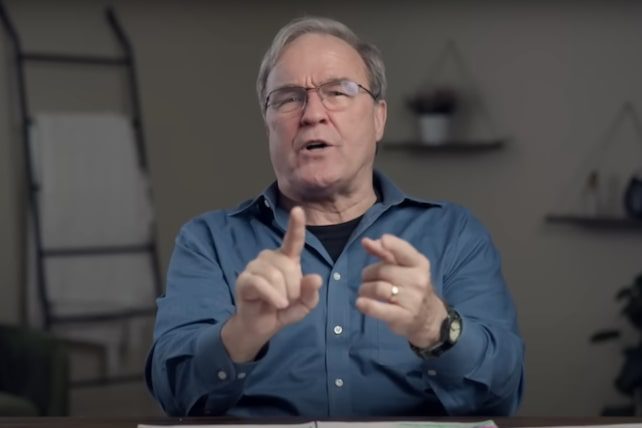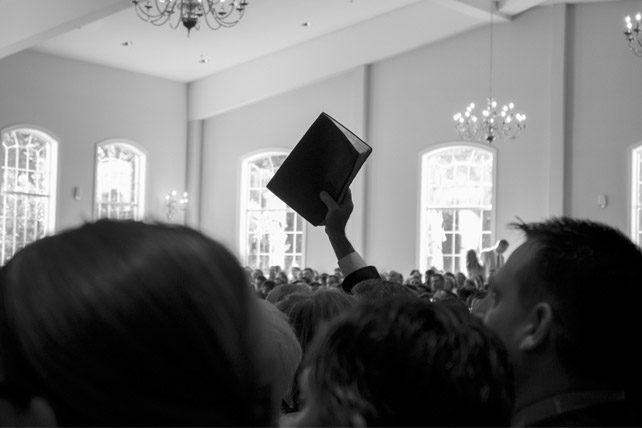Just this week, I had a conversation with an aspiring pastor asking about the importance of pastors staying at a church even it’s tough. Our studies over the years have indeed shown the value of longer pastoral tenures. When staying at a tough church is challenging, maybe these reasons below will challenge you to hold on:
- It takes time to earn a congregation’s trust. Especially if the church has had a divisive history, your first years may be only laying the groundwork for your real ministry.
- You may need years to become the pastor. Assume many of the previous pastors have lasted only about three years. If so, the church likely won’t see you as “pastor” until you’ve been there longer than the others.
- You will know your people better. We minister to people, and we minister best to them when we actually know them. Tenure gives you time to really know your congregation.
- Time gives you opportunity to show you love your church. It’s really simple – the longer you’re there, the more opportunities you have to minister in good times and bad times. The more the church knows you care, the more they will follow you into the future.
- You can overcome opposition by your “stick-to-it-ness.” Opposition in a church often assumes they can outlast the pastor; after all, that’s what they’ve done in the past. A pastor who stands faithful can weaken the opposition by his tenacity.
- You will gain credibility in the community. Many great pastors I know shepherd not only their church, but also their community. It takes time to gain that kind of hearing.
- You will have time to build your own team. Much changes when you have around you the people you trust and respect. Patiently building that team will pay dividends—but it takes time.
- You will get to see fruit of your labors. I still think about the teens I baptized, later officiated their weddings, and even later helped them dedicate their own children to the Lord. Only tenure gives you that kind of privilege.
- Churches in need of revitalization need leaders who don’t give up easily. This work can be hard. Really hard. So hard, in fact, that many pastors don’t last long in this kind of context. Those who do last, though, can rejoice over even the smallest victory.
- Tenure assumes times of trusting God rather than leaving. Few pastors I know have not had days when they wanted God to lead them elsewhere. Those who stay, though, seek God, pray for strength, and press on in the power of the Spirit. Learning how to do that will make you a better pastor.
What other benefits would you add to this list?
This article originally appeared here and is used by permission.






 . You would take care of me and advocated for me when we had our babies.”
. You would take care of me and advocated for me when we had our babies.”


















